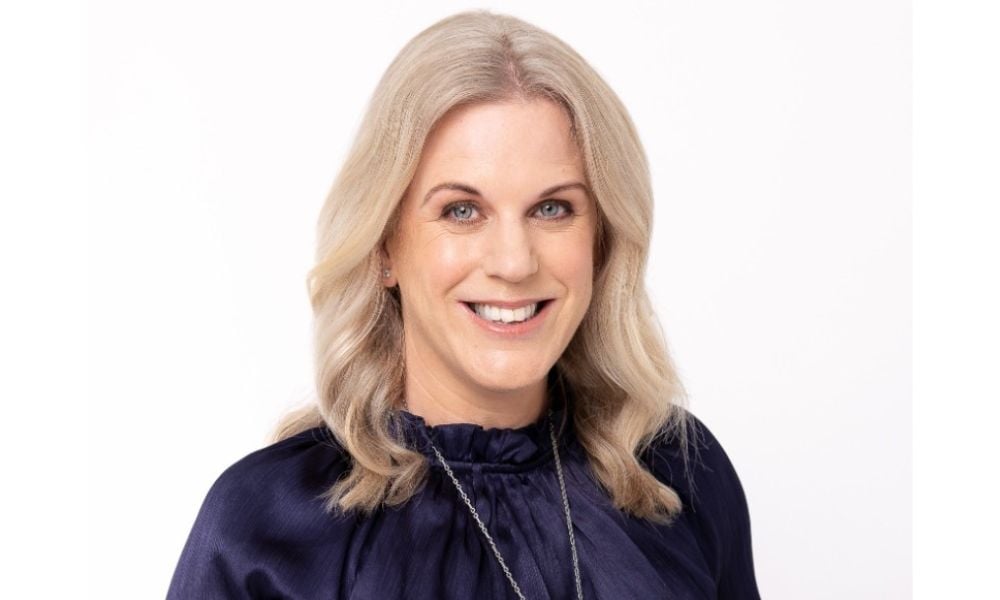Help clients build wealth: Why ownership still wins

Buying a home in New Zealand still delivers stronger long-term financial outcomes than renting – but only when done right, according to financial adviser Katie Wesney (pictured) of enable.me.
While disciplined renters can still build wealth, Wesney says the maths behind ownership is often misunderstood.
The common miscalculation in rent-vs-buy debates
Many rent-versus-buy comparisons focus solely on monthly cash flow, Wesney argued, ignoring property’s core advantage: leverage.
“When you buy a $1.2 million Auckland home with $240,000 down, you’re not just investing $240,000. You’re controlling a $1.2 million appreciating asset,” she wrote for Stuff. “That same $240,000 invested in shares at 5.5% becomes $1.2 million over 30 years. But leveraged through property? It becomes $3.9 million. That’s a $2.7 million difference from leverage alone.”
Inflation turns mortgage debt into an asset
Homeowners gain another edge as inflation eats away at the real cost of fixed-rate debt over time.
“A $4,000 monthly payment today feels like $2,200 in purchasing power by year 30, assuming 2% inflation,” Wesney said. “You’re repaying tomorrow’s debt with today’s dollars.”
In contrast, renters face rising housing costs indefinitely.
“Renters face the mirror image; housing costs that rise relentlessly with inflation throughout their lives,” Wesney said.
Why market timing matters less than time in the market
Despite recent drops in Auckland property valuations, Wesney says property ownership still wins over time.
“Short-term volatility is precisely why we analyse 30-year outcomes instead of monthly movements,” she said.
“The key insight: property’s wealth-building power comes from leverage and time, not market timing.”
Thirty-year showdown: Owner vs renter
Wesney laid out a real-world comparison for someone choosing between buying and renting the same Auckland home:
- Homeowner annual costs: $78,500
- Renter annual costs: $39,000 (with 3.5% annual rent increases)
- Renter surplus to invest: $39,500
After 30 years:
- Homeowner: $3.9 million in housing equity
- Renter: $2.9 million portfolio, but facing $109,000 in annual rent
“The homeowner wins by roughly $988,000 – and that’s before considering retirement cash flow dynamics,” Wesney said.
When renting can still work
While homeownership offers structural advantages, Wesney noted that renting isn’t inherently worse - it just demands discipline.
“The moment you spend that $39,500 annual difference on dining out and holidays, the math collapses,” she said.
Wesney added that successful renters need to:
- Invest consistently
- Accept growth market risk
- Budget for rising rent in retirement
When renting is the better option
Wesney outlined situations where renting may beat owning:
- Flexibility: “Mobility matters more than wealth.”
- Affordability: “Better to rent comfortably than own precariously.”
- Better capital use: For entrepreneurs or investors with higher-return opportunities.
- Lifestyle simplicity: Some value freedom over equity.
How Europe makes renting viable
Wesney pointed to Germany and Switzerland as examples of rental-friendly systems.
“These countries combine comprehensive pension systems... with long-term leases, rent controls, and genuine rental security,” she said.
In contrast, New Zealand’s system puts more onus on individuals.
“By contrast, New Zealanders keep more of their salary but face a universal pension (for now) that provides just 40–66% of average wages,” Wesney said.
Final verdict: Property has the edge, but both can work
“For most New Zealanders, property ownership remains the most reliable wealth-building strategy,” Wesney said. “But context is everything... Don’t buy from cultural pressure or FOMO.”
She advises renters to treat their financial strategy with the same seriousness as homeowners: “Automate investments, choose growth assets, and resist the temptation to lifestyle-inflate with your lower housing costs.”
Takeaway: Own or rent, but own the plan
Wesney said the system is tilted in favour of ownership, but clarity and planning are more important than property.
“The most important structure you can build is financial security,” she said. “Either path can lead there when approached thoughtfully.
“In finance, as in life, there’s no perfect decision – only decisions that fit who you are and where you’re heading.”



